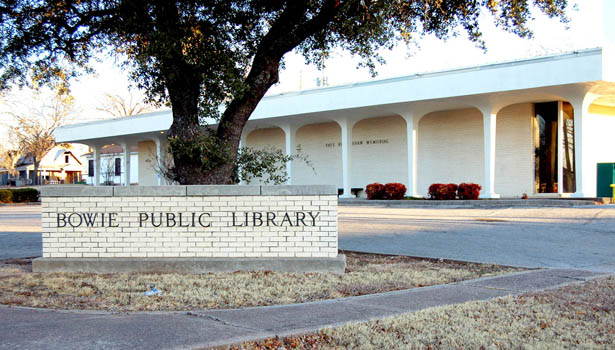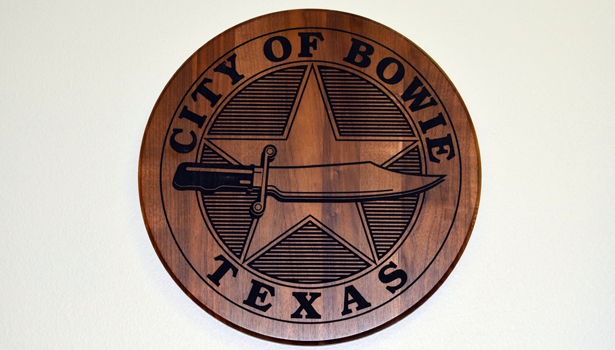HOME
1924 Coolidge signs Immigration Act of 1924

On this date, President Calvin Coolidge signs into law the Immigration Act of 1924, the most stringent U.S. immigration policy up to that time in the nation’s history.
The new law reflected the desire of Americans to isolate themselves from the world after fighting World War I in Europe, which exacerbated growing fears of the spread of communist ideas. It also reflected the pervasiveness of racial discrimination in American society at the time. Many Americans saw the enormous influx of largely unskilled, uneducated immigrants during the early 1900s as causing unfair competition for jobs and land.
Under the new law, immigration remained open to those with a college education and/or special skills, but entry was denied to Mexicans, and disproportionately to Eastern and Southern Europeans and Japanese. At the same time, the legislation allowed for more immigration from Northern European nations such as Britain, Ireland and Scandinavian countries.
A quota was set that limited immigration to two percent of any given nation’s residents already in the U.S. as of 1890, a provision designed to maintain America’s largely Northern European racial composition. In 1927, the “two percent rule” was eliminated and a cap of 150,000 total immigrants annually was established.
The law particularly angered Japan, which in 1907 had forged with U.S. President Theodore Roosevelt a “Gentlemen’s Agreement,” which included more liberal immigration quotas for Japan. By 1924, strong U.S. agricultural and labor interests–particularly from California, which had already passed its own exclusionary laws against Japanese immigrants–favored the more restrictive legislation signed by Coolidge.
The Japanese government viewed the American law as an insult, and protested by declaring May 26 a national day of humiliation in Japan. The law fanned anti-American sentiment in Japan, inspiring a Japanese citizen to commit suicide outside the American embassy in Tokyo in protest.
Despite becoming known for such isolationist legislation, Coolidge also established the Statue of Liberty as a national monument in 1924.
Source: history.com
HOME
Summer reading continues at 10 a.m. on June 10 at the community center

Bubble painting and baking soda painting will be on tap for the 10 a.m. June 10 summer reading program this week.
It is open to children ages 0-12 and these free programs will be at the Bowie Community Center at 10 a.m. every Tuesday in June and July excluding July 1. Children will be given a reading log to bring with them to each program. Each child also receives a book at the end of the series.
HOME
Casey Hall arrested after appeal bond was revoked

Texoma’s Homepage reported former 97th District Attorney Casey Hall was arrested in Sulphur Springs after her appeal bond was revoked. Click on the above link to read the story.
HOME
Bowie City Council meets on June 10

The Bowie City Council will meet at 6 p.m. on June 10 in the council chambers.
The meeting opens with the city manager’s report on meetings with the engineers on the Rock and Pillar Street repairs, budget preparation and substation transformer work.
In new business there will be resolution for allocating funds for a park enhancement project from 4B funds to build pickleball courts in Pelham Park. A pair of planning and zoning recommendations for a replat will be reviewed. Public comments conclude the agenda.
-

 NEWS3 years ago
NEWS3 years ago2 hurt, 1 jailed after shooting incident north of Nocona
-

 NEWS2 years ago
NEWS2 years agoSuspect indicted, jailed in Tia Hutson murder
-

 NEWS2 years ago
NEWS2 years agoSO investigating possible murder/suicide
-

 NEWS2 years ago
NEWS2 years agoWreck takes the life of BHS teen, 16
-

 NEWS2 years ago
NEWS2 years agoMurder unsolved – 1 year later Tia Hutson’s family angry, frustrated with no arrest
-

 NEWS2 years ago
NEWS2 years agoSheriff’s office called out to infant’s death
-

 NEWS2 years ago
NEWS2 years agoBowie Police face three-hour standoff after possible domestic fight
-

 NEWS3 years ago
NEWS3 years agoDriver stopped by a man running into the street, robbed at knifepoint






